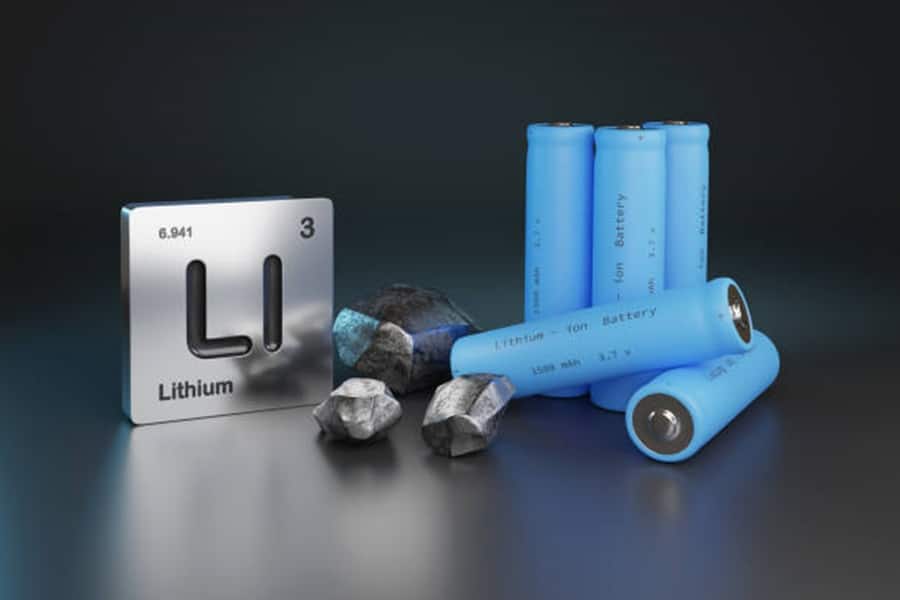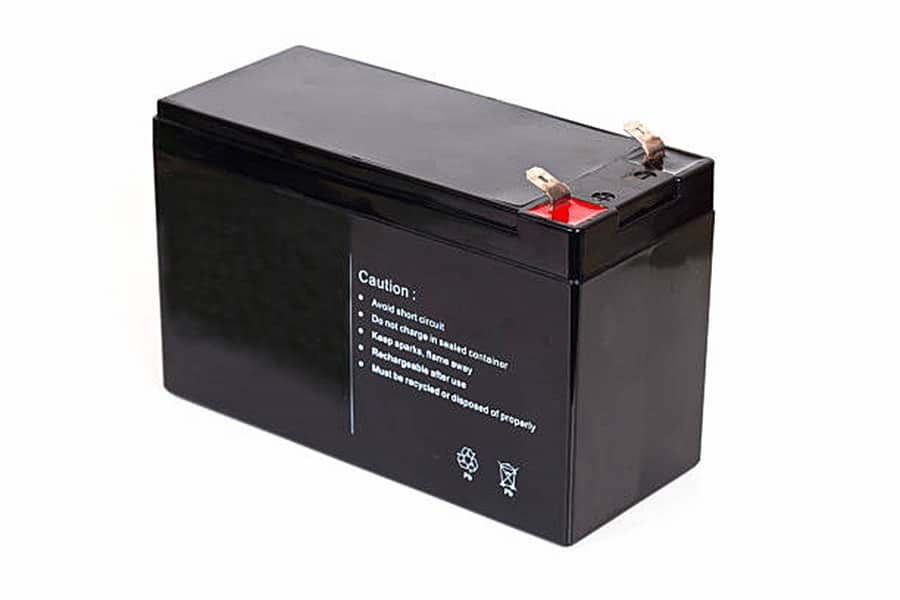Choosing the right battery can be daunting, especially when navigating the ever-evolving world of energy storage. Leading acid and lithium batteries are prominent contenders in this arena, each boasting unique advantages and drawbacks. This guide delves into the key differences between lead-acid vs lithium batteries empowering you to make an informed decision based on your specific needs.
Unleash the potential of solar battery storage! Are you ready to transform the way you power your business or household? Say goodbye to rising electricity costs and unpredictable energy grids. The state-of-the-art solar battery systems empower you to maximise your energy efficiency, save money, and reduce your carbon footprint – all while enjoying an uninterrupted power supply.
Let us discuss and choose the best quote that suits your needs and budget, and we can connect you with our trusted local installers, who will provide up to 3 FREE quotes for your business solar and home battery system. Get your free quotes today!
Under the hood: A tale of two chemistries
- Lead-Acid: The workhorse of batteries, lead-acid technology has existed for over a century. It relies on a reaction between lead plates and sulfuric acid, offering a reliable and affordable option.
- Lithium: Newer to the scene, lithium batteries utilise lithium metal compounds, packing more punch in a smaller package. They offer higher energy density, longer lifespan, and improved performance.
Beyond the basics: Exploring lithium variations
The lithium battery landscape isn’t monolithic. Different lithium chemistries offer distinct characteristics:
- Lithium-ion (Li-ion): The most common type, offering a good balance of performance and cost.
- Lithium iron phosphate (LiFePO4): Known for its exceptional stability and safety, it is popular for demanding applications.
- Lithium Polymer (Li-Po): Offers high energy density but requires stricter safety measures due to its organic electrolyte.

Key considerations
| Environmental impact | Applications | Pros | Cons | |
| Lead-Acid | The manufacturing and disposal of lead-acid batteries raise environmental concerns due to lead toxicity. Proper recycling is crucial. | Still widely used in applications like car starting, golf carts, and UPS systems due to their affordability and familiarity. | ➣ Cost-effective: Lower initial purchase price than lithium batteries. ➣ Readily available: Widely accessible and easy to find. ➣ Proven track record: Reliable and well-understood technology. ➣ Tolerant of deep discharge: Can recover from deeper discharges than lithium batteries. | ➣ Heavy: Bulky and cumbersome due to their lead content. ➣ Lower capacity: Stores less energy per unit weight compared to lithium. ➣ Shorter lifespan: Requires more frequent replacements. ➣ Maintenance required: Needs regular electrolyte level checks and topping-up.Environmental concerns: Lead is a toxic material, posing disposal challenges. |
| Lithium | While not entirely free of environmental concerns, lithium batteries generally have a lower environmental impact than lead-acid batteries due to their longer lifespan and the absence of lead. | Gaining traction in applications demanding high performance, portability, and long lifespans, such as electric vehicles, portable electronics, and renewable energy storage systems. | ➣ Lightweight: Significantly lighter than lead-acid batteries for the same capacity. ➣ High energy density: Stores more energy per unit weight and size. ➣ Long lifespan: It lasts several times longer than lead-acid batteries, reducing replacement costs. ➣ Fast charging: Can be charged and discharged quickly. ➣ Maintenance-free: No need for electrolyte checks or topping-up. ➣ Environmentally friendly: Lithium is less toxic than lead and can be recycled more efficiently. | ➣ Higher cost: More expensive upfront compared to lead-acid batteries. ➣ Sensitivity to temperature: Performance can be affected by extreme temperatures. ➣ Safety concerns: Requires special precautions during handling and disposal due to potential fire risk. |
Cost comparison
- Initial cost: Lead-acid batteries are typically cheaper upfront. However, their shorter lifespan and potential maintenance needs can offset this advantage over time.
- Long-term cost: Despite the higher initial cost, lithium batteries’ extended lifespan and minimal maintenance requirements often make them more cost-effective in the long run.

Choosing the right battery
The ideal battery choice depends on your specific needs and priorities. Consider the following factors:
- Budget: If upfront cost is a major concern, lead acid might be the more viable option.
- Weight and size: Lithium’s lighter weight is a clear advantage if portability is crucial.
- Energy needs: Lithium shines for high energy storage or frequent charging/discharging cycles.
- Lifespan and maintenance: Lithium wins again if long-term cost-effectiveness and minimal maintenance are important.
- Environmental considerations: If sustainability is a priority, lithium’s eco-friendlier nature is a plus.
Read more about:
Powering your needs wisely
Whether you choose lead-acid or lithium, understanding their key differences empowers you to make an informed decision that aligns with your specific requirements. Remember, the “best” battery is the one that delivers optimal performance, value, and peace of mind for your unique needs.
Ready to upgrade your solar systems and take your energy savings to the next level?
Embrace the energy efficiency revolution by upgrading your solar systems and adding battery or solar inverters with Energy Matters.
With our 3 free solar quotes, you can compare plans from pre-qualified and vetted installers in your area and find the perfect solution for your home and business. Harness the sun’s power and save money on electricity bills while reducing environmental impact. Let Energy Matters guide you towards a brighter, more sustainable future.













































